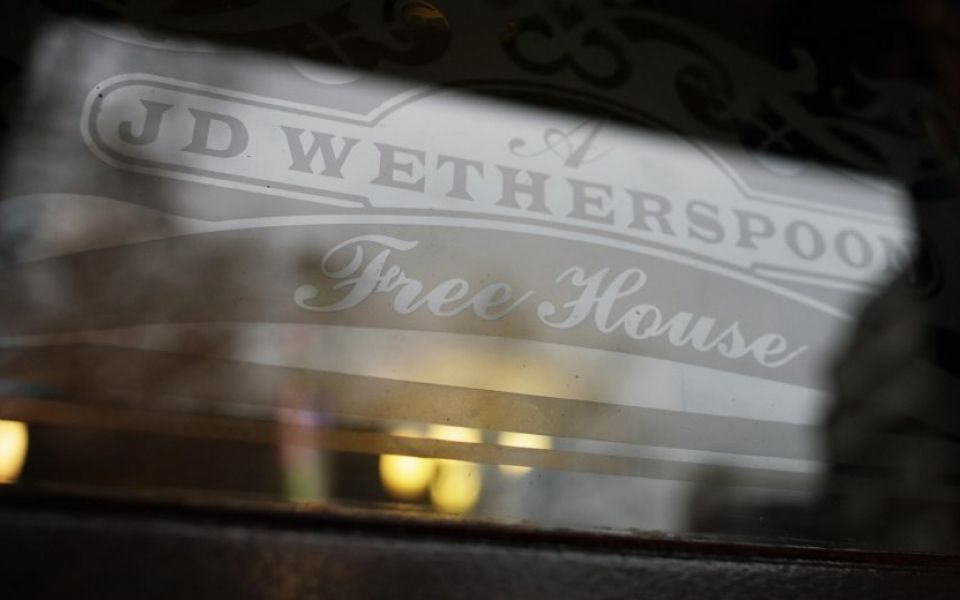Wetherspoon boss Tim Martin urges parliament to reject Chequers for free trade deal as annual profits soar

JD Wetherspoon chief executive Tim Martin has urged parliament to vote against Theresa May's Chequers deal as his company posted a boost in annual profit thanks to this summer's heatwave.
The colourful pub-chain chief executive and Brexit advocate said a free trade deal with the EU would be a "huge gain" for businesses and consumers as he unveiled the company's "reasonable start" to the year, in which like-for-like sales at the pub chain rose 5.5 per cent in the six weeks to 9 September.
“There will be a huge gain for business and consumers if the UK copies the free trade approach of countries like Singapore, Switzerland, New Zealand, Australia, Canada and Israel, by slashing protectionist EU import taxes (‘tariffs’), on leaving the EU in March next year," he said.
He urged parliament to reject the prime minister's proposed Chequers deal, in which the UK would remain closely aligned with the EU on goods and regulation, so the UK could avoid the £39bn divorce bill for which he said there was "no legal obligation".
Britain's hot summer and the football world cup brought in record numbers of customers for Wetherspoon, which operates more than 900 pubs across the UK and Ireland.
Pre-tax profit after exceptional items rose to 89 million pounds in the year ended July 29, up 16.5 percent from year earlier. But Martin also warned that costs in taxes, labour and interest are expected to be higher than those of last year.
"We estimate that like-for-like sales growth of about four per cent will be required for the company to match last year’s record profits," he said.
Wetherspoon and its competitors have been hit with a new sugar tax on beverages, a minimum wage increase, rent increases and higher power bills.
He also hit out at a lack of "tax equality" between pubs and supermarkets, saying it was unfair that pubs paid 20 per cent VAT for food sales while supermarkets did not.
"This has enabled supermarkets to subsidise the price of alcoholic drinks, widening the price gap to the detriment of pubs and restaurants," he said, adding that pubs have lost 50 per cent of their beer sales to supermarkets in the last 35 years.